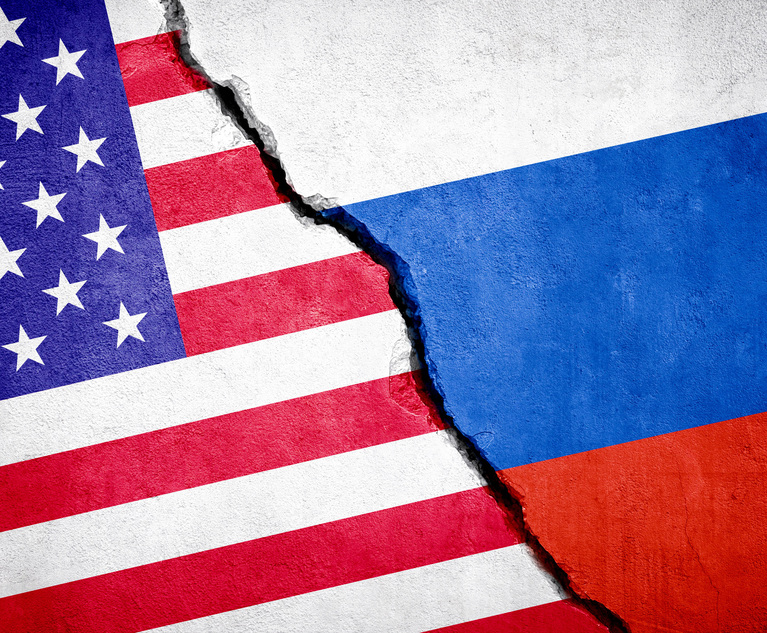In late April 2022, riding a wave of bipartisan political support, the Biden administration and House of Representatives proposed expanding the executive branch’s authority to freeze, seize, and forfeit to the people of Ukraine assets of individuals perceived to be aligned with the Russian government. These proposals seek to punish the Russian government’s contemptable invasion of Ukraine, which has resulted in catastrophic levels of destruction and horrendous numbers of civilian casualties—including some caused by potential war crimes, a global refugee crisis, and a potential global food crisis. By going after the assets of those who, historically, have benefited from political allegiance to the regime of Vladimir Putin, political leaders hope to pressure Putin to reconsider his egregious actions. The goal is laudable, but pursuing it by expanding the reach of asset forfeiture—a domain that has been subject to justifiable criticism in recent years—and by expressly tying forfeitability to historic political support of a nation-state, raises some serious procedural and substantive questions.
The proposals also include adding a new offense, making it unlawful for any person to knowingly possess proceeds directly obtained from corrupt dealings with the Russian government. Beyond the continuing refrain of overcriminalization—seeking to solve each new problem by adding yet another ill-defined federal crime to the books—this offense has the troubling aspect of criminalizing political affiliation. In law school, aspiring lawyers are taught the two basic types of crimes: malum in se (wrong by nature) and malum prohibitum (wrong by virtue of a government prohibition). The proposed asset seizure draws us down a dangerous path to what may come to be known as malum politica—wrong by politics. Congress and the Biden administration need carefully to consider whether making political affiliation a crime in this instance would set a dangerous precedent for the future. Legal advocates need to be alert to legislation or enforcement that threatens to undermine due process protections.


 Credit: Feydzhet Shabanov/Adobe Stock
Credit: Feydzhet Shabanov/Adobe Stock




